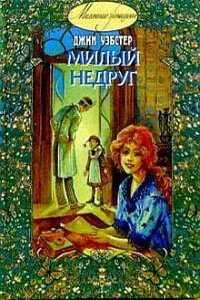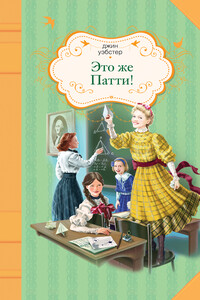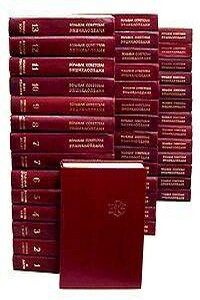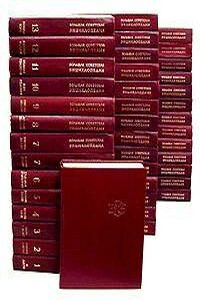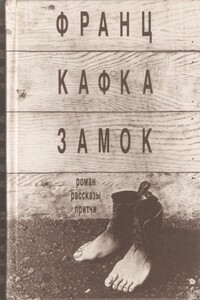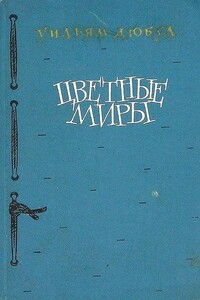Английский язык с Дж. Уэбстер. Длинноногий Папочка
JEAN WEBSTER
DADDY-LONG-LEGS
Пособие подготовила Ольга Ламонова
Метод чтения Ильи Франка
Джин Уэбстер
Длинноногий Папочка (daddy — разг. папа, папочка; тж. daddy-long-legs — долгоножка /насекомое/; паук-сенокосец)
TO YOU
“Blue Wednesday” (ужасная среда; blue — синий; эмоц.-усил. страшный, ужасный).
The first Wednesday in every month was a Perfectly Awful Day (первая среда каждого месяца была Совершенно Ужасным Днем) — a day to be awaited with dread (днем, который ожидался со страхом), endured with courage (переносился с мужеством) and forgotten with haste (и забывался с поспешностью; to forget). Every floor must be spotless (каждый пол должен был быть чистым: «без пятен»; spot — пятно; spotless — чистый), every chair dustless (каждый стул — безукоризненно чистым: «без пыли»; dust — пыль; dustless — безукоризненно чистый, без единой пылинки), and every bed without a wrinkle (и каждая кровать — без единой складочки; wrinkle — морщина; складка). Ninety-seven squirming little orphans (девяносто семь ерзающих маленьких сироток; to squirm — корчиться; смущенно ерзать, поеживаться) must be scrubbed (должны были быть отмыты; to scrub — чистить, скрести, мыть /особ. щеткой с мылом/) and combed (и причесаны) and buttoned into freshly starched ginghams (и одеты: «застегнуты на все пуговицы» в свеженакрахмаленную /форму/ из клетчатой бумажной материи; gingham — бумажная материя из крашеной пряжи /обыкн. полосатая или клетчатая/); and all ninety-seven reminded of their manners (и всем девяносто семи /необходимо было/ напомнить о хороших манерах; to remind — напоминать, быть похожим; напоминать, делать напоминание; manner — манера, метод, способ; manners — воспитанность, хорошие манеры), and told to say, 'Yes, sir,' 'No, sir,' whenever a Trustee spoke (и сказать им, чтобы они говорили "Да, сэр" и "Нет, сэр" каждый раз, когда говорил один из попечителей).
endure [In'djVq], courage ['kArIdZ], squirm [skwq:m], orphan ['O:f(q)n]
The first Wednesday in every month was a Perfectly Awful Day — a day to be awaited with dread, endured with courage and forgotten with haste. Every floor must be spotless, every chair dustless, and every bed without a wrinkle. Ninety-seven squirming little orphans must be scrubbed and combed and buttoned into freshly starched ginghams; and all ninety-seven reminded of their manners, and told to say, 'Yes, sir,' 'No, sir,' whenever a Trustee spoke.
It was a distressing time (время это было мучительное; to distress — причинять горе, мучить, тревожить); and poor Jerusha Abbott, being the oldest orphan (и бедная Джеруша Аббот, которая была самой старшей сиротой /в приюте/; old — старый), had to bear the brunt of it (вынуждена была сносить всю основную тяжесть /этого времени/ = принимать на себя основной удар; to bear — переносить; терпеть, выносить; brunt — сила удара; основная тяжесть, кризис). But this particular first Wednesday (но вот и эта самая первая среда /месяца/; particular — особый, специфический), like its predecessors (как /и все/ ее предшественницы), finally dragged itself to a close (подтащилась, наконец-то, к завершению). Jerusha escaped from the pantry (Джеруша сбежала из буфетной) where she had been making sandwiches for the asylum's guests (где она делала сэндвичи для гостей приюта), and turned upstairs to accomplish her regular work (и направилась наверх, чтобы завершить свою обычную работу; to turn — поворачивать; направляться; regular — правильный, размеренный; обычный, привычный).
predecessor ['pri:dIsesq], asylum [q'saIlqm], upstairs ["Ap'steqz]
It was a distressing time; and poor Jerusha Abbott, being the oldest orphan, had to bear the brunt of it. But this particular first Wednesday, like its predecessors, finally dragged itself to a close. Jerusha escaped from the pantry where she had been making sandwiches for the asylum's guests, and turned upstairs to accomplish her regular work.
Her special care was room F (ее особой заботой была комната «F»), where eleven little tots, from four to seven (в которой одиннадцать крошек, от четырех до семи лет; tot — малыш), occupied eleven little cots set in a row (занимали одиннадцать маленьких /детских/ кроваток, установленных в ряд). Jerusha assembled her charges (Джеруша собрала /вокруг себя/ своих подопечных; charge — нагрузка; лицо, состоящее на попечении, питомец), straightened their rumpled frocks (расправила их помятые платья), wiped their noses (вытерла их носики), and started them in an orderly and willing line towards the dining-room (и отправила их организованным и послушным строем в столовую; willing — готовый, согласный /сделать что-либо/; line — линия; строй, ряд) to engage themselves for a blessed half hour (чтобы занять их на благословенные полчаса; to engage — нанимать на работу; заниматься) with bread and milk and prune pudding (хлебом, молоком и черносливовым пудингом).
assemble [q'semb(q)l], straighten [streItn], prune [pru:n]
Her special care was room F, where eleven little tots, from four to seven, occupied eleven little cots set in a row. Jerusha assembled her charges, straightened their rumpled frocks, wiped their noses, and started them in an orderly and willing line towards the dining-room to engage themselves for a blessed half hour with bread and milk and prune pudding.

